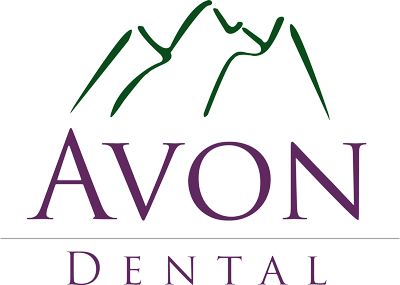What Issues Can Invisalign® Fix?
Enhance Your Smile with Invisalign®: A Comprehensive Guide
Invisalign® has transformed the landscape of orthodontic treatment, providing a discreet and comfortable alternative to traditional braces. The clear aligner system enables individuals to improve their smiles without the discomfort often associated with braces. While Invisalign® offers an aesthetically pleasing solution, it’s crucial to consider various factors when choosing orthodontic treatment. Our dentists at Avon Dental recommend evaluating your individual situation before making a decision. In this guide, we’ll explore the effectiveness of Invisalign® in addressing specific orthodontic issues.
Invisalign® Treatment for Common Concerns
1. Crooked Teeth
Invisalign® excels in treating crooked teeth, offering a practical solution to align teeth and enhance your smile discreetly.
2. Overbite & Underbite
Addressing both overbites and underbites, Invisalign® can reposition either the top or bottom teeth to achieve proper alignment with the mouth closed.
3. Crossbite
Invisalign® effectively corrects crossbites, ensuring that teeth align correctly when the mouth is closed, preventing misalignments in the back or front teeth.
4. Gaps in Teeth & Crowded Teeth
Whether you have gaps between your teeth or experience crowding, Invisalign® is a versatile solution. It resolves gaps and overcrowding, promoting optimal oral health.
Considerations and Limitations
While Invisalign® is an excellent option for various orthodontic issues, it’s essential to acknowledge its limitations. In some cases, traditional braces may be more suitable, especially for severe orthodontic problems, intrusion, and extrusion. It’s worth noting that Invisalign® has evolved over the years, now capable of addressing more complex situations than before.
To determine if Invisalign® is the right choice for you, we recommend consulting with our experts at Avon Dental in Avon, CO . Contact our Avon office at 970-393-5128 for personalized guidance on achieving your ideal smile.

